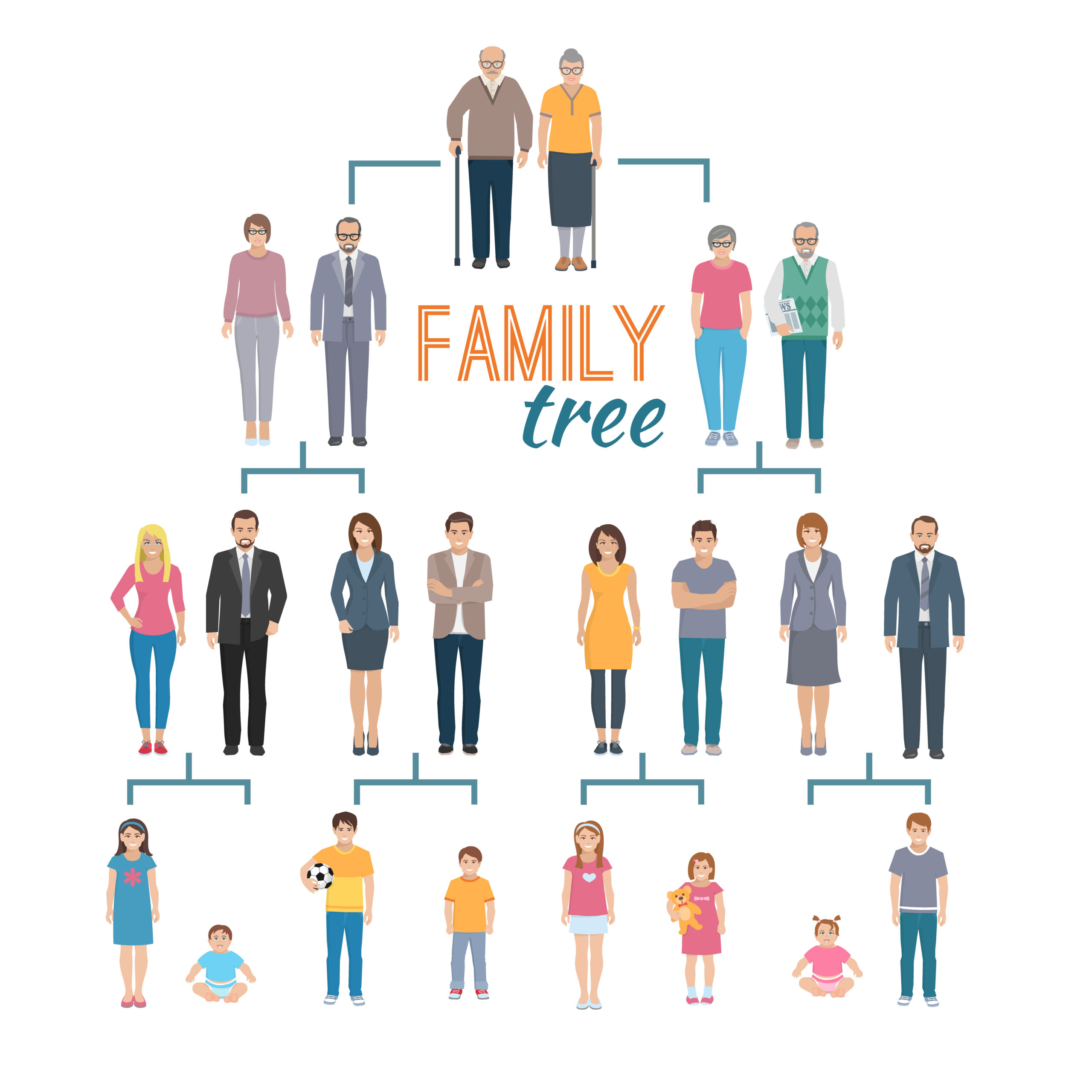Estate Planning
Estate Planning
Estate planning is the process of mapping out how your property and assets will be divided in the event of your death. An effective estate plan typically addresses who will inherit your assets and often includes a detailed plan for end-of-life health decisions, should you become incapable of making these decisions yourself. It also seeks to minimize the tax burden for those who inherit your assets.
Estate planning is about leaving the legacy you want for whomever — or whatever — is important to you. Your life and your dreams transcend money — they also encompass your values. Your wishes may include using your assets to help secure your family’s future, or you may choose to support an organization or institution you’re passionate about.
An estate plan can help provide protection both during your life and after your passing. A well-rounded estate plan helps you:
- Protect your assets. You can ensure your desires and needs are met in the event you’re unable to make decisions or speak for yourself.
- Ensure your wishes are fulfilled. End-of-life care is an important conversation to have between you and your loved ones. In an estate plan, you can specify your final wishes and establish special arrangements for your remains.
- Provide peace of mind. Without an estate plan, you run the risk of having the court decide the fate of your assets. This process, known as probate, can take weeks or months to settle. Thoughtful estate planning can help minimize your family’s financial stress after your passing.
- Maintain privacy. If you set an estate plan ahead of time, you could avoid going through probate. As such, your estate plan would not become public record.
- Minimize tax transfers. If you plan to pass on your wealth to loved ones upon your death, the estate planning process can help you reduce the impact of taxes on your assets.
- Support a cause that you’re passionate about. You can leave all or a portion of your wealth to a charity of your choice — and make a difference beyond your lifetime.
Estate plans are made up of many different components. These can include:
- A will allows you to specify your wishes, including how you want your property distributed, who will administer your estate and who will care for your minor children.
- A trust holds your assets for the benefit of one or more people (you, your spouse, your children and others). You’ll need an attorney’s assistance to create a trust.
- Life insurance proceeds are paid to a beneficiary at your death. You can use life insurance to leave income to your survivors, provide for your children’s education, pay off your mortgage, and transfer assets. Additionally, life insurance can replace wealth that is lost due to expenses and taxes.
- Gifts are transfers of property made during your life to family, friends or charity.
- Tax exclusions can be useful estate planning tools. Consult your tax professional for details.
- Beneficiaries are those who will receive assets from your estate at the time of your passing.
- plan contributions can help your loved one pay for their education and remove money from your taxable estate. This will help you reduce your tax liability and preserve more of your estate for the people and purposes that are most important to you.
- Asset protection may include various tools to help keep your property safe from tax collectors, accident victims, health-care providers, credit card issuers and creditors.
As the cornerstone of an estate plan, a will is perhaps the most vital component. The greatest advantage of a will is that it allows you to avoid intestacy. This means that with a will, you can select who will take over your property — rather than leaving it up to the courts.
A will becomes particularly important for instances where minor dependents are involved. In many states, your will is the only legal way you can name a guardian for your children. Consider working with an attorney to create your will so that they can help ensure it’s consistent with your wishes.
Like your financial plan, it’s important to review your will and other estate planning documents regularly — or when significant life events occur, at the minimum. While there isn’t a ‘one-size-fits-all’ approach, we recommend reviewing your estate plan after major life events or every 3 – 5 years. Significant life events may include:
- Marriage
- Divorce
- Death
- Relocation
- Changes in tax laws
- Change in assets
- A new child (either by birth, adoption, or marriage)
Professional guidance from your attorney, tax professional and A financial Guidance from us can help you evaluate the various components of your estate plan — both in initial creation and in regular reviews. Designing a legacy consistent with your dreams and values is a personal, often complex process. But it’s well worth the effort. To prepare for the planning discussions, consider the following:
- Current income and likely future income
- Annual expenses
- Current assets and debts
- Tax implications of federal transfer taxes, state death taxes and federal income taxes
You may also want to consider scheduling time to talk with your loved ones about your estate plans. Sharing your plans can help improve communication, prevent conflicts and ensure your family knows what’s important to you.
The best time to start planning is now. Work with us and your attorney to create an estate plan that reflects what’s most important to you.


